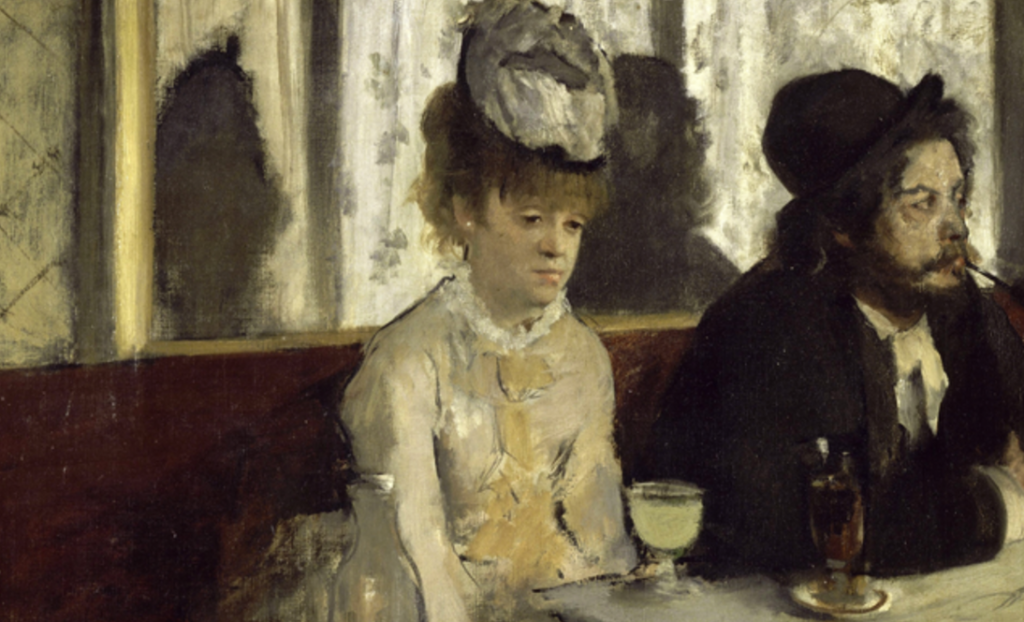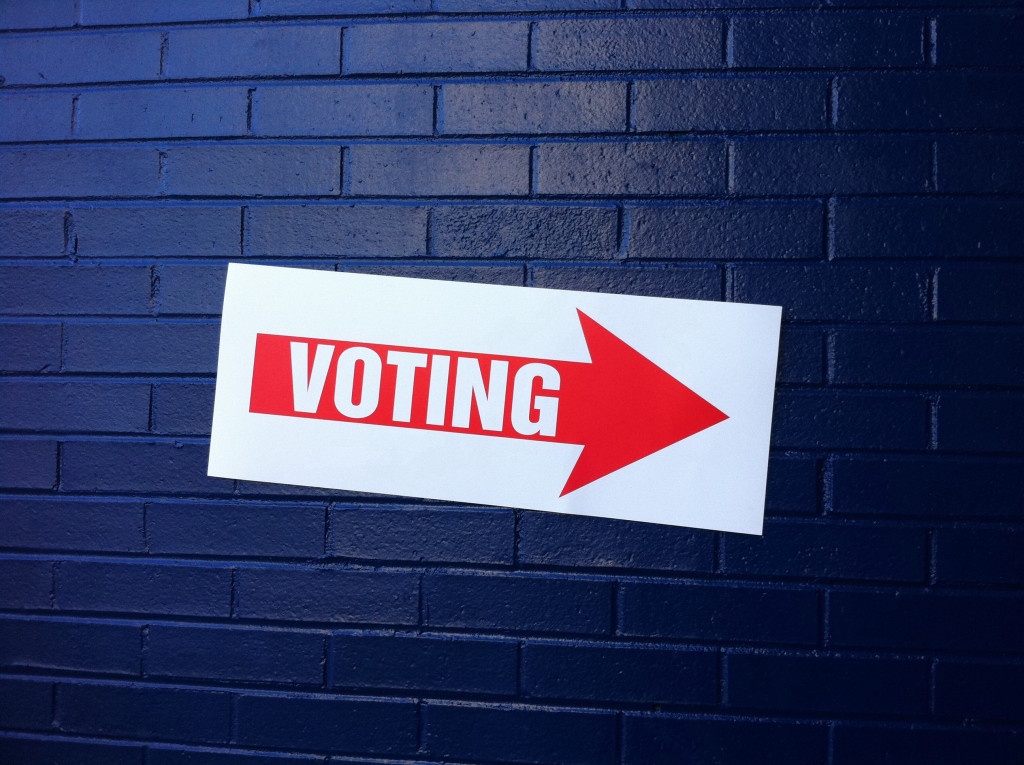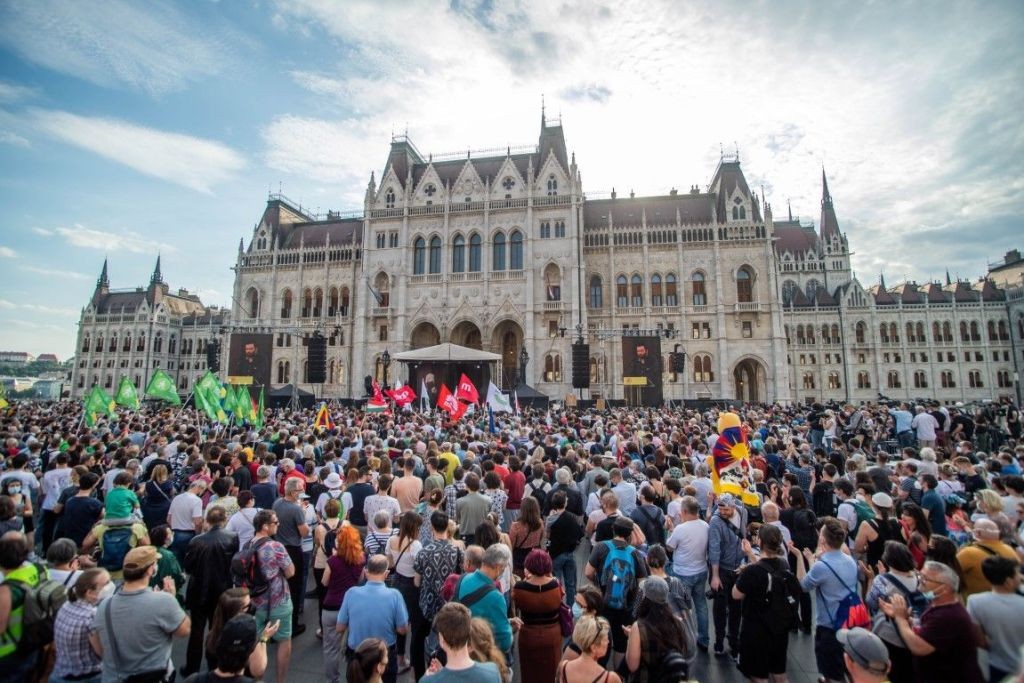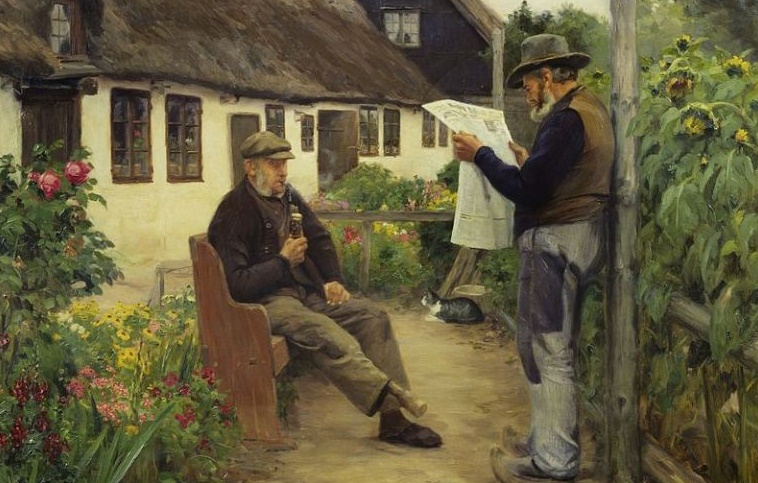
Orbán’s Victory Raises Concerns about State of Rule of Law in Hungary
Though Fidesz supported sanctions against Russia, the government is not allowing the transfer of lethal weapons through Hungarian territory to Ukraine. The narrative that Fidesz supports peace while the opposition supports war was completely false, nevertheless it worked.






![Finish Line: Forecasting 2022 Hungarian Elections [CONFERENCE REPORT] Finish Line: Forecasting 2022 Hungarian Elections [CONFERENCE REPORT]](https://4liberty.eu/phidroav/2021/11/vote-elections-1024x601.jpg)


